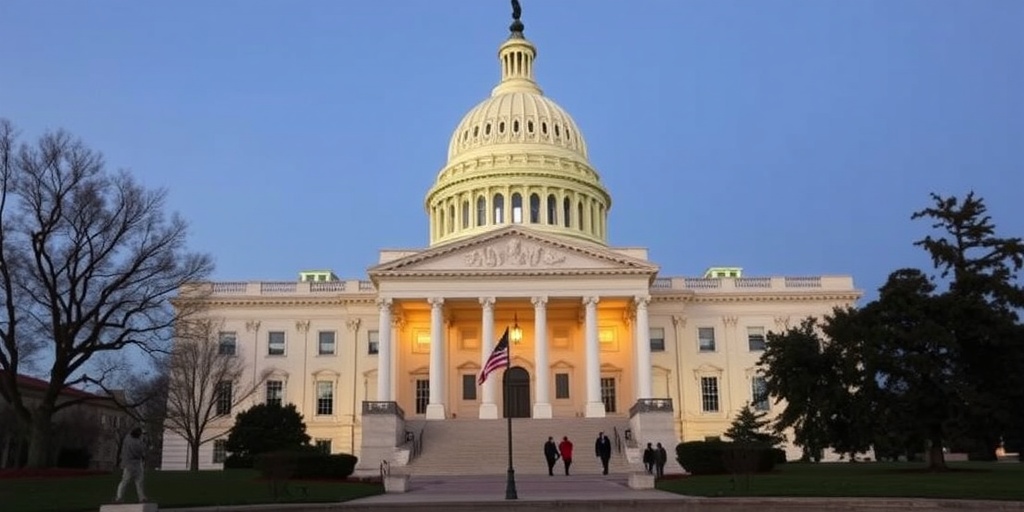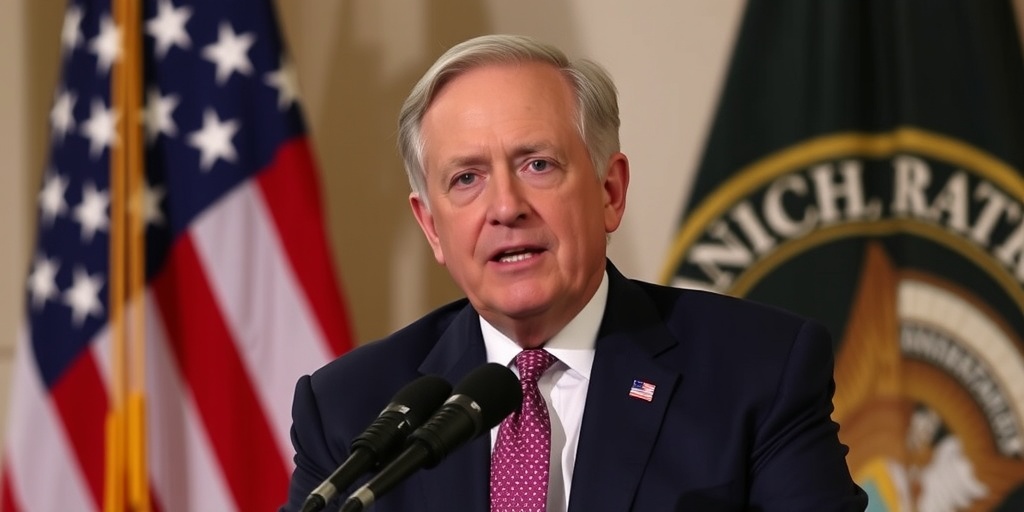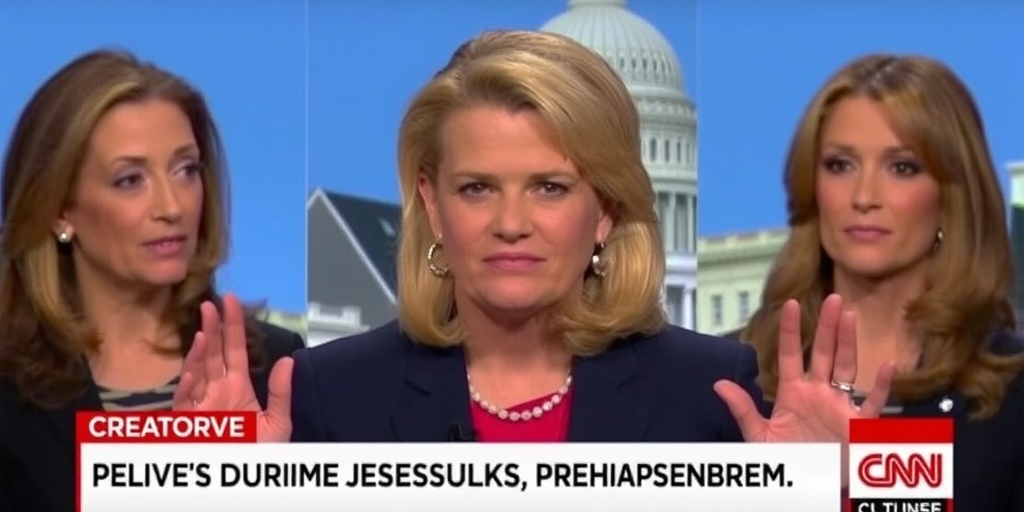Now Reading: Hegseth Dodges Questions on Disqualifying Conduct
-
01
Hegseth Dodges Questions on Disqualifying Conduct
Hegseth Dodges Questions on Disqualifying Conduct

Hegseth Denies Misconduct Allegations During Senate Confirmation Hearing
In a contentious Senate confirmation hearing on Tuesday, Pete Hegseth, President-elect Donald J. Trump’s nominee for Secretary of Defense, faced intense scrutiny regarding multiple allegations of misconduct that have been leveled against him. The hearing, held by the Senate Armed Services Committee, was marked by a series of pointed questions from Senator Tim Kaine, a Democrat from Virginia, who sought to clarify Hegseth’s fitness for the role amidst claims of sexual assault, excessive drinking, and past marital infidelity.
Throughout the hearing, Hegseth vehemently denied the allegations, which he described as “false claims” stemming from a smear campaign orchestrated by the media and unnamed sources. He maintained that he had undergone significant personal transformation and claimed to be a changed man, although he did not address the specifics of the misconduct he has been accused of.
Senator Kaine pressed Hegseth to clarify his stance on whether behaviors such as sexual assault and excessive drinking should disqualify an individual from serving in such a critical position as Secretary of Defense. Hegseth’s reticence to answer directly raised eyebrows, particularly when he stated, “Senator, I know in my instance — and I’m talking about my instance only — it was a false claim.” The senator followed up with a direct inquiry about whether Hegseth had ever physically harmed any of his three wives. Hegseth denied such allegations but again evaded providing a position on whether such conduct would render someone unfit for the role of Defense Secretary.
The tenor of the questioning turned even more serious when Kaine outlined allegations involving Hegseth’s alleged behavior in social settings. The senator referenced claims that Hegseth had behaved drunkenly at work events, including a night when he supposedly chanted “kill all Muslims.” This incident, along with another in which he allegedly took colleagues to a strip club and attempted to engage with strip dancers, painted a troubling picture of Hegseth’s past conduct, leading Kaine to question Hegseth’s suitability for leading the Department of Defense.
During the back-and-forth, Kaine rejected Hegseth’s attempts to dismiss the allegations as anonymous rumors, stating firmly, “You claim that this was all anonymous? We have seen records with names attached to all of these, including the name of your own mother,” he pointedly noted, emphasizing the seriousness of the claims against Hegseth.
Kaine continued to argue that Hegseth’s documented past behavior showed he was unfit for the position he had been nominated for. He referenced evidence of Hegseth’s previous infidelity, questioning whether Hegseth would hold the oath of office in the same regard as his marriage vows. Kaine highlighted an instance in which Hegseth fathered a child with his third wife while still married to his second, characterizing the situation as particularly problematic given the context of Hegseth’s other allegations.
Hegseth defended himself vigorously, asserting that he had been “falsely charged — completely, fully investigated, and completely cleared.” He articulated that he believed in his redemption through faith, mentioning that he had been saved by his “lord and savior.” However, this assertion did little to quell the skepticism aimed at his credibility during the hearing.
The heated exchange culminated in a poignant moment when Kaine pressed Hegseth by saying, “Can you so casually cheat on a second wife and cheat on the mother of a child two months before? How is that completely clear?” Hegseth reiterated his belief in his personal transformation but offered few specifics to counter Kaine’s accusations.
As the confirmation process continues, Hegseth’s ability to navigate these challenging questions and clear his name of the allegations will be critical in determining his future at the Pentagon. The ongoing scrutiny surrounding his past conduct raises significant questions about ethics and accountability within the highest echelons of the U.S. government, as officials weigh personal character against professional qualifications in appointing leaders to critical national security roles.
Stay Informed With the Latest & Most Important News
Previous Post
Next Post
-
 01New technology breakthrough has everyone talking right now
01New technology breakthrough has everyone talking right now -
 02Unbelievable life hack everyone needs to try today
02Unbelievable life hack everyone needs to try today -
 03Fascinating discovery found buried deep beneath the ocean
03Fascinating discovery found buried deep beneath the ocean -
 04Man invents genius device that solves everyday problems
04Man invents genius device that solves everyday problems -
 05Shocking discovery that changes what we know forever
05Shocking discovery that changes what we know forever -
 06Internet goes wild over celebrity’s unexpected fashion choice
06Internet goes wild over celebrity’s unexpected fashion choice -
 07Rare animal sighting stuns scientists and wildlife lovers
07Rare animal sighting stuns scientists and wildlife lovers





















